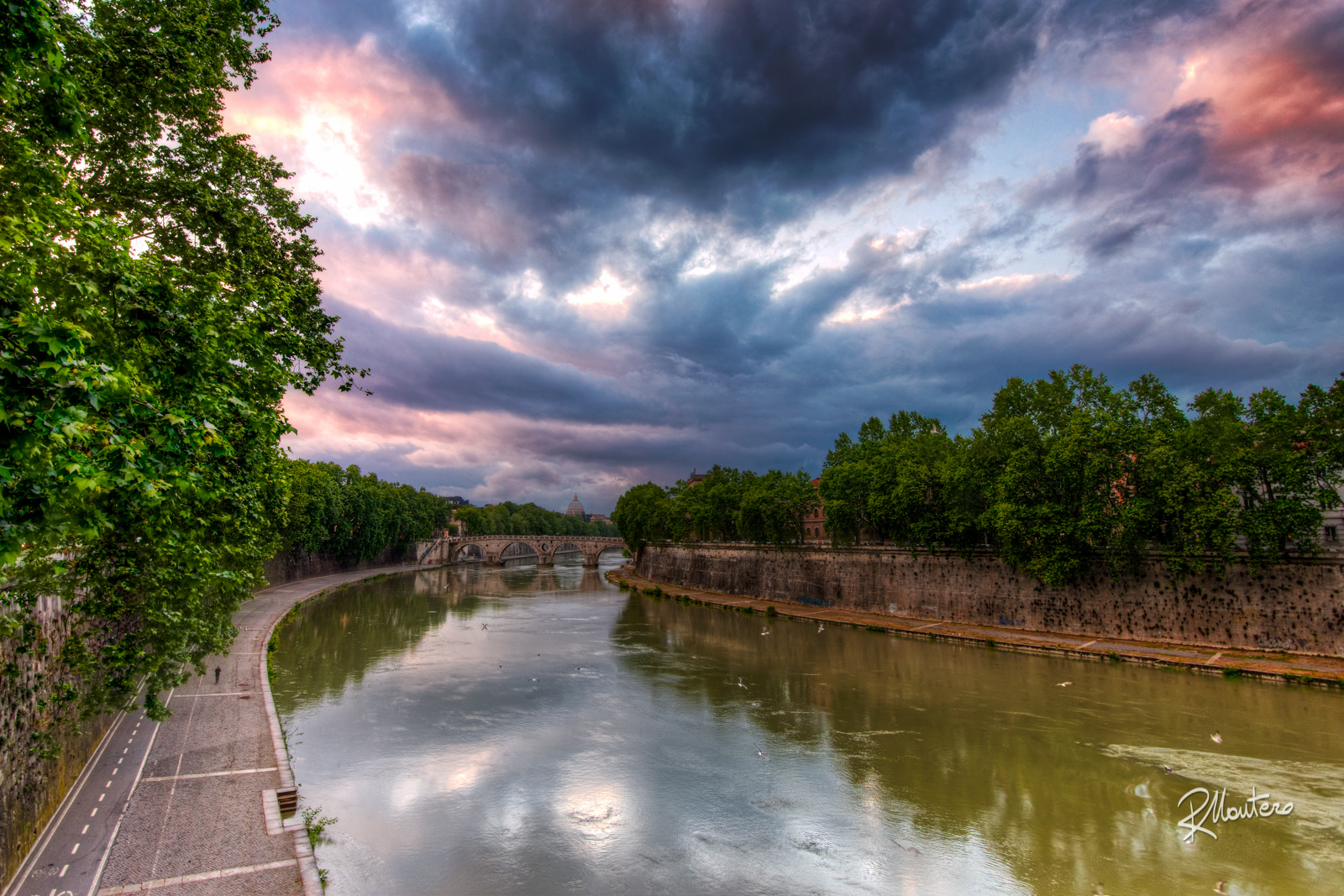When it comes to backpacking, one of the most important considerations is how much water to bring. Not carrying enough water could mean dehydration and an unpleasant trip, while carrying too much could be an unnecessary burden. Knowing how much water to bring is essential for a successful and enjoyable backpacking trip.
The amount of water you should carry depends on several factors, such as the length of your trip, the environment you’ll be in, and the type of activities you plan to do. If you’re planning a short day hike in a temperate climate with plenty of access to potable water along the way, for example, then you may only need one or two liters of water. On the other hand, if you’re going on a multi-day hike in an arid climate without access to natural sources of water, then it’s best to plan on carrying more than four liters.
In addition to the type and length of your trip, your activity level will also affect how much water you should carry. If you plan on doing strenuous activities such as biking or climbing during your trip, then it’s important to drink more fluids than normal in order to stay hydrated and avoid fatigue.
It’s also important to note that higher altitudes can cause dehydration more quickly due to rapid evaporation and lower humidity levels. In these cases, it’s best to carry more water than normal just in case.
Finally, it’s important to remember that carrying too much water can be just as dangerous as not carrying enough. Extra weight can slow down your pace and make your hike more difficult than necessary. Be sure that whatever amount of water you decide on is manageable for your level of fitness and experience.
Ultimately, knowing how much water to bring when backpacking comes down to understanding the type and length of your trip as well as your activity level while out on the trail. It’s always better to err on the side of caution, so if there are any uncertainties about access or availability of potable water along the way then it’s best to plan accordingly. By taking into account these factors when preparing for a backpacking trip, hikers can ensure they have enough hydration for their journey without overburdening themselves with unnecessary weight.
In conclusion, deciding how much water should be carried when backpacking is an important consideration that depends on several factors such as length of trip, environment and activity level; erring on the side caution is advised if there are uncertainties about access or availability while planning accordingly will ensure hikers have enough hydration without overburdening themselves with extra weight.

